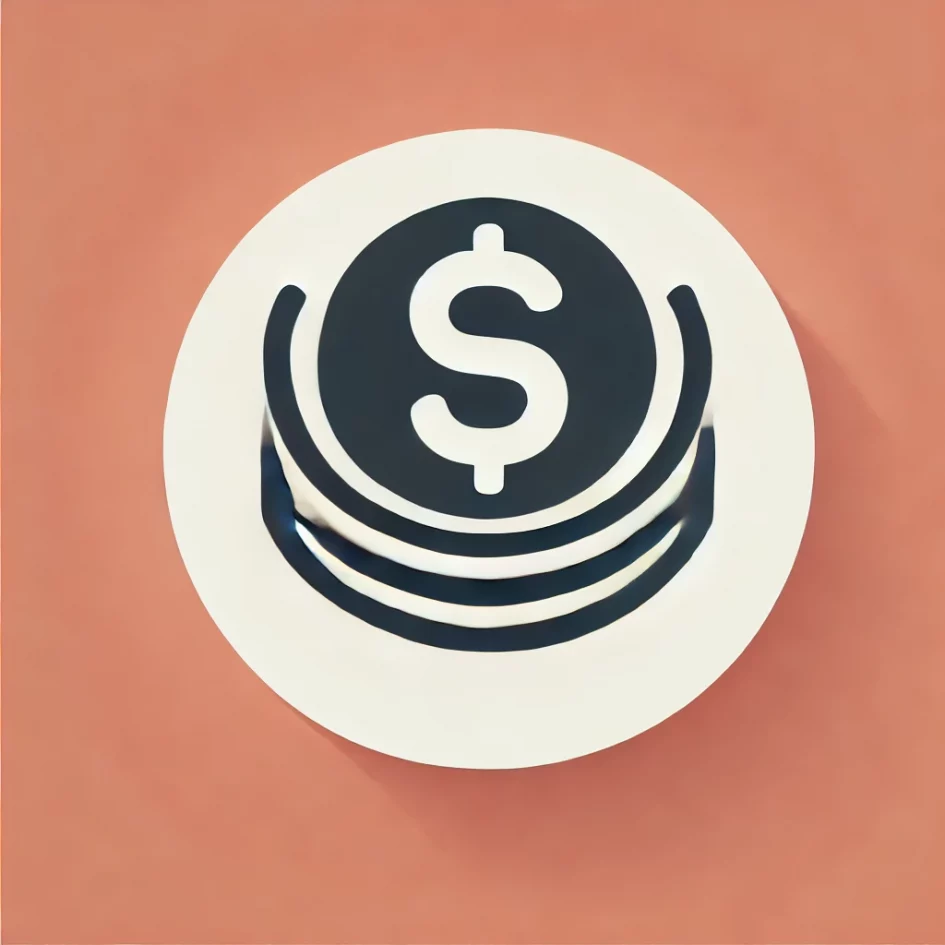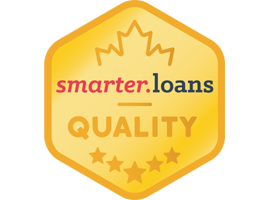Guaranteed Approval Loans for Poor Credit in Canada: What You Need to Know
When you have poor credit, finding financial assistance can be challenging. One term that often surfaces in searches is “guaranteed approval loans.” While these loans may sound promising to those with less-than-ideal credit, it’s essential to understand the details and potential risks associated with them. In this article, we’ll break down what guaranteed approval loans are, why you should approach them with caution, and what alternatives might be available for Canadians with poor credit.
What Are Guaranteed Approval Loans?
Guaranteed approval loans are loans that claim to offer a 100% approval rate, regardless of your credit score. These loans are typically marketed towards individuals with bad credit or no credit history. The idea behind these loans is that no matter your financial situation, you will be approved. However, it’s important to understand that this claim can be misleading.
Do Guaranteed Approval Loans Exist in Canada?
In short, while some lenders may offer guaranteed approval loans, they usually come with significant caveats. No reputable lender can genuinely guarantee loan approval without conducting some form of background check. Most lenders will assess your creditworthiness by looking at factors such as your credit score, income, and debt-to-income ratio. This is because financial institutions need to ensure that borrowers are capable of repaying their loans.
Many lenders advertising guaranteed approval loans may impose high fees, predatory interest rates, or hidden terms. It’s vital to read the fine print and ensure you fully understand the loan terms before committing.
Risks of Guaranteed Approval Loans
While these loans may seem like a lifeline to those with poor credit, they come with significant risks:
- High Interest Rates: Lenders offering these loans often charge extremely high-interest rates to mitigate the risk they take by lending to individuals with poor credit. These rates can lead to a cycle of debt that is difficult to escape.
- Hidden Fees: Some lenders may charge upfront fees, application fees, or other hidden costs that can increase the overall cost of the loan. Always review the loan agreement thoroughly before signing anything.
- Unfavorable Terms: Some loans may have short repayment periods or other unfavorable terms that make it difficult to repay on time, leading to additional penalties.
- Scams: Unfortunately, the promise of guaranteed approval can be a red flag for scams. Fraudulent lenders may ask for personal information or upfront fees and then disappear without providing the loan. Always verify the legitimacy of the lender before sharing sensitive information.
Alternatives to Guaranteed Approval Loans for Poor Credit
If you have poor credit and are considering a guaranteed approval loan, there are better alternatives that could suit your needs:
- Secured Loans: Secured loans, such as car title loans or loans backed by a savings account, may be easier to obtain than traditional loans. Since they are secured by collateral, lenders may be more willing to work with borrowers who have bad credit. Some companies, like SkyCap Financial’s services, offer flexible options for Canadians looking for financial support, even with poor credit.
- Credit Union Loans: Credit unions are member-owned financial institutions that may offer more flexible lending terms compared to traditional banks. They often have special programs designed to help individuals with bad credit.
- Peer-to-Peer Lending: Peer-to-peer lending platforms connect borrowers with individual investors willing to lend money. Some platforms may consider factors beyond credit scores, such as your current income and job stability.
- Credit Building Loans: Some lenders offer small loans designed specifically to help rebuild your credit score. By making timely payments on these loans, you can gradually improve your creditworthiness.
- Debt Consolidation: If you’re struggling with multiple debts, consolidating them into a single loan with a lower interest rate could make your repayments more manageable and help improve your credit score over time.
- Government Programs: In some cases, you may be eligible for government assistance or programs that provide financial relief without needing to take out a high-risk loan.
How to Improve Your Credit Score
If poor credit is preventing you from accessing better loan options, consider these steps to improve your credit score:
- Pay Bills on Time: Payment history is one of the most critical factors in determining your credit score. Set up automatic payments or reminders to ensure you don’t miss any due dates.
- Reduce Credit Card Balances: High credit card balances relative to your credit limit can negatively impact your score. Try to pay down your balances to improve your credit utilization ratio.
- Avoid Applying for New Credit: Each time you apply for a new credit card or loan, it can result in a hard inquiry on your credit report, which may lower your score. Be cautious about applying for new credit frequently.
- Check Your Credit Report for Errors: Errors on your credit report can unfairly lower your score. Make sure to review your credit report and dispute any inaccuracies.
Conclusion
While guaranteed approval loans may seem like an easy fix for poor credit, they come with significant risks. Instead of opting for these high-interest, potentially predatory loans, consider alternatives like secured loans, credit unions, or peer-to-peer lending. Most importantly, take steps to improve your credit score over time, which will open up more affordable borrowing options in the future.
Always remember to do thorough research and read the fine print before agreeing to any loan terms, especially if they sound too good to be true. Responsible borrowing and credit management can help you get back on the path to financial stability.







